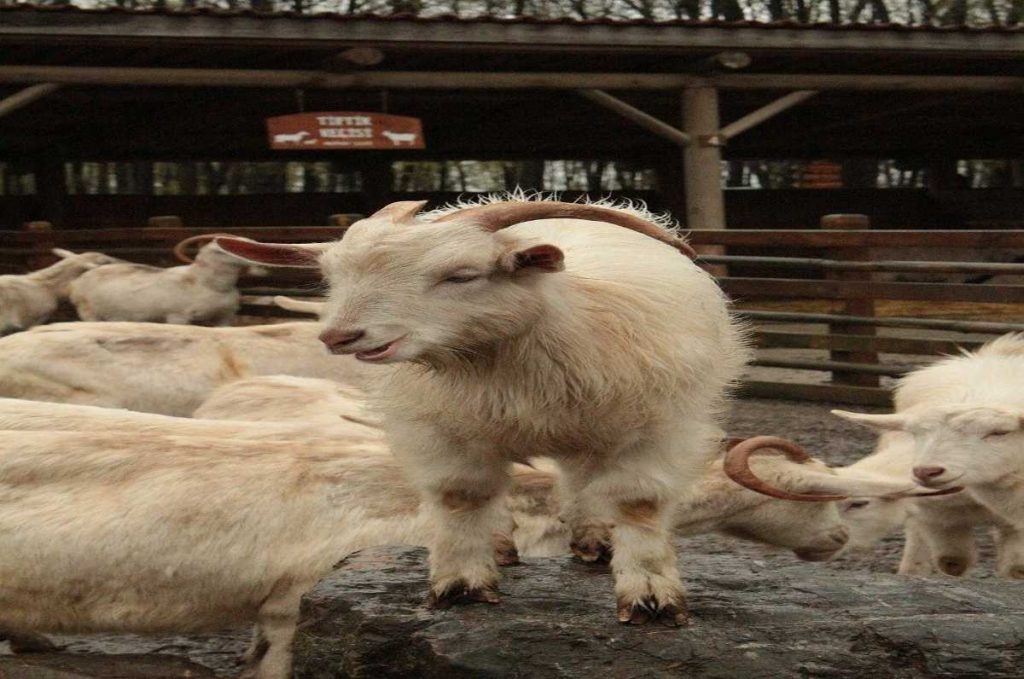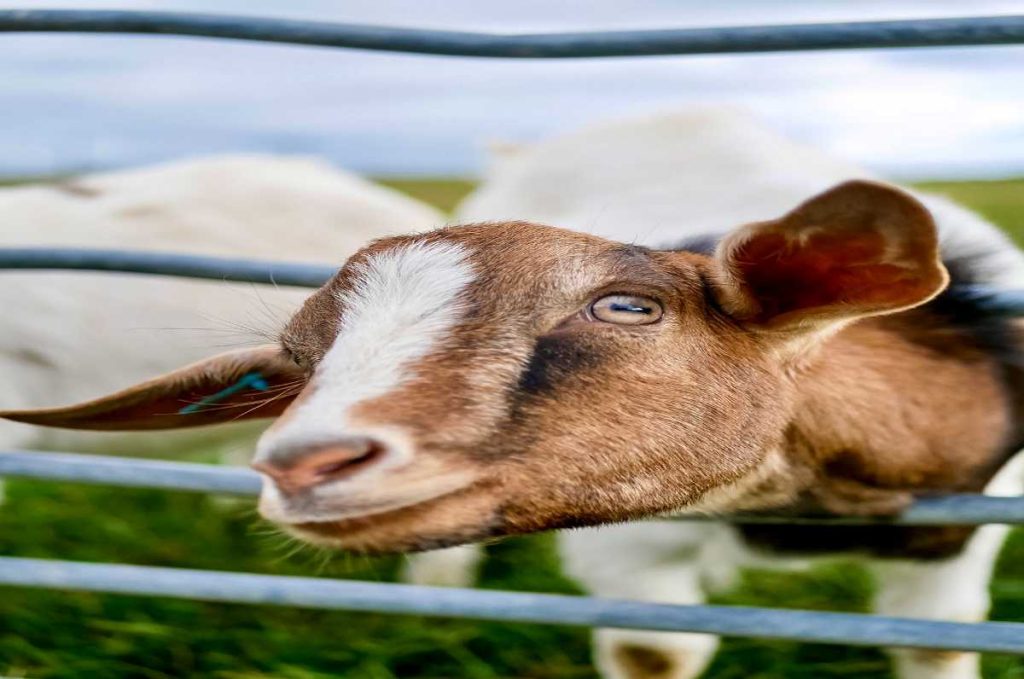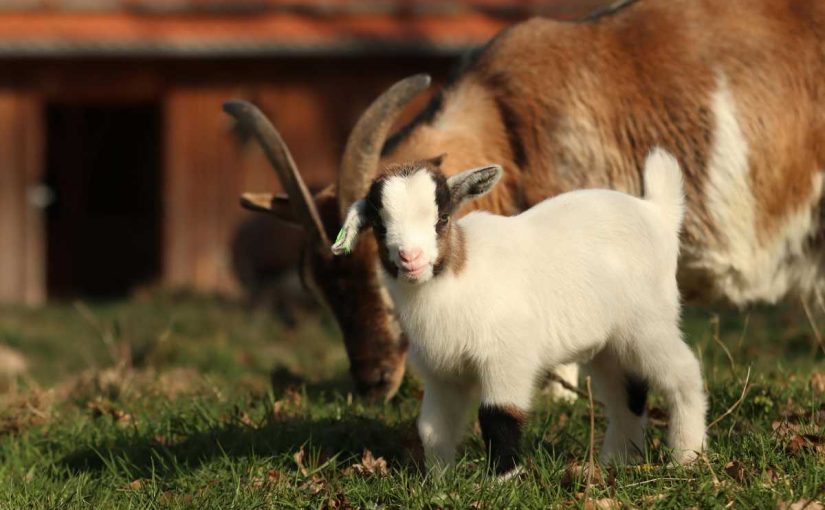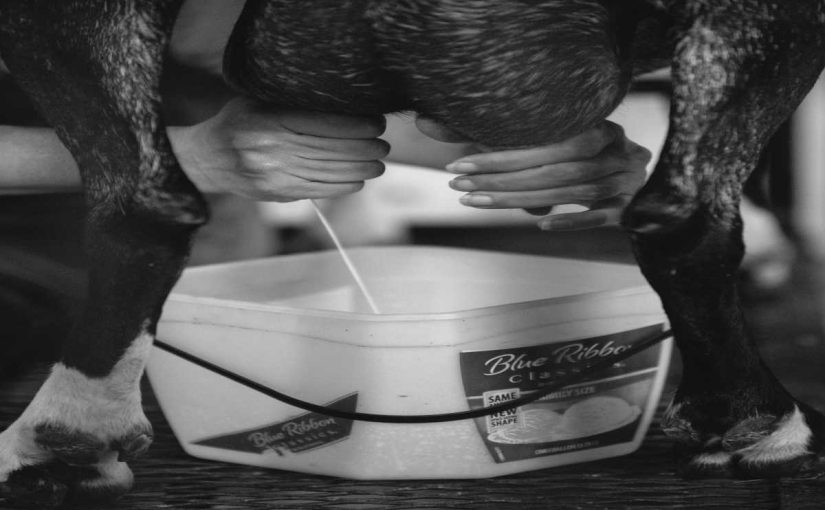Mineral supplementation is essential for the health, growth, and productivity of goats. While many goats receive some nutrients from pasture and feed, it’s often not enough to meet all their mineral needs. Goats have unique dietary requirements that must be met to maintain strong immune systems, healthy coats, reproductive health, and overall well-being. In this guide, we’ll explore the best mineral supplements for goats, focusing on the most important minerals, types of supplements, and how to choose the right ones for your herd.
1. Why Goats Need Mineral Supplements
Goats require a balance of essential minerals for their growth, reproduction, lactation, and immunity. Common goat diets, even when well-planned, often lack certain minerals, especially if goats are grazing on mineral-deficient soil. Mineral deficiencies can lead to health problems, lower milk production, weaker bones, and a host of other issues.
Key Benefits of Mineral Supplements:
- Improved Immunity: Helps prevent diseases and infections by supporting the immune system.
- Stronger Bones and Teeth: Provides calcium, phosphorus, and other minerals for bone development.
- Enhanced Milk Production: Certain minerals are critical for lactating does to support healthy milk output.
- Reproductive Health: Balanced minerals support successful pregnancies and healthy offspring.
Why It Matters:
Providing balanced minerals helps ensure a healthy, productive herd, leading to better growth rates, higher milk yields, and more robust goats.
2. Essential Minerals for Goats
When selecting a mineral supplement, make sure it contains the essential minerals that goats need. Here’s a breakdown of some of the most important minerals:
Key Minerals and Their Benefits:
- Calcium and Phosphorus: Essential for bone health, muscle function, and milk production.
- Selenium: Crucial for reproductive health and muscle function, particularly in selenium-deficient regions.
- Copper: Supports coat health, immunity, and fertility. However, be cautious, as copper toxicity can occur if over-supplemented.
- Magnesium: Important for nervous system function and overall metabolic processes.
- Zinc: Vital for immune function, hoof health, and skin integrity.
- Salt (Sodium and Chloride): Helps with fluid balance, nerve function, and feed intake.
- Iodine: Necessary for thyroid function, especially for pregnant does and growing kids.
Why It Matters:
Ensuring goats get these essential minerals in the right amounts can prevent deficiency symptoms, reduce the risk of health issues, and support optimal growth and productivity.
3. Types of Mineral Supplements
Mineral supplements come in several forms, each with different applications depending on the goats’ needs, the farm setup, and personal preferences.
Common Types of Supplements:
- Loose Minerals: Offered in a loose, granular form. Goats can consume them free-choice or mixed into feed. This option allows goats to self-regulate their intake, which is often ideal.
- Mineral Blocks: Hard, compressed mineral blocks are convenient and easy to provide but are sometimes less effective because goats may not consume enough, especially in colder weather.
- Mineral Mixes with Feed: Mixed directly into feed, ensuring consistent intake. However, mixing into feed may not allow goats to consume as much as they need at specific times.
- Liquid Minerals: Often added to water, but intake may be inconsistent if goats don’t drink enough water, especially in winter.
Why It Matters:
Choosing the right form of mineral supplement helps ensure that goats get the nutrients they need. Loose minerals are often the preferred choice as goats can regulate their intake more easily.
4. Top Mineral Supplements for Goats
Here are some of the best mineral supplements recommended for goats, known for their quality ingredients and balanced mineral profiles.
Top Recommended Mineral Supplements:
- Sweetlix Meat Maker 16:8 Mineral
- Benefits: High-quality loose mineral mix designed for goats with a balanced ratio of calcium and phosphorus.
- Key Minerals: Includes copper, selenium, and magnesium.
- Ideal For: Meat goats, but also used by many goat farmers for general mineral needs.
- Manna Pro Goat Mineral
- Benefits: Contains essential vitamins and minerals, including calcium, phosphorus, copper, and selenium, in a palatable loose form.
- Key Minerals: High in copper and fortified with vitamins A, D, and E.
- Ideal For: General use for growing, lactating, and breeding goats.
- Purina Goat Mineral
- Benefits: Balanced mineral and vitamin supplement in loose form, good for promoting growth and milk production.
- Key Minerals: Includes copper, selenium, and additional vitamins for overall health.
- Ideal For: Suitable for all goat types, but particularly good for breeding and lactating does.
- Champion’s Choice Salt Block
- Benefits: Simple salt block that provides sodium and chloride; ideal if your goats already have a comprehensive mineral supplement.
- Key Minerals: Sodium and chloride.
- Ideal For: Goats needing additional salt, especially those grazing in high-temperature areas.
- Ragland Goat Mineral
- Benefits: Loose mineral that includes salt, calcium, phosphorus, and added copper.
- Key Minerals: Balanced copper levels, magnesium, and vitamin E.
- Ideal For: General health, particularly in regions with low selenium levels.
Why It Matters:
Selecting a high-quality supplement tailored to your goats’ needs and local soil deficiencies ensures they’re getting the best nutrition possible.
5. Tips for Feeding Mineral Supplements
Providing mineral supplements effectively requires some best practices to ensure goats get the proper intake.
Feeding Tips:
- Provide Free-Choice Access: Allow goats to access loose minerals at all times so they can consume them as needed.
- Monitor Intake: Keep an eye on how much minerals each goat consumes, as excessive or insufficient intake may indicate an issue.
- Use Mineral Feeders: Use weatherproof mineral feeders to protect loose minerals from moisture and contamination.
- Adjust for Lactating Does and Growing Kids: Increase access or frequency for lactating does and kids, who may require additional minerals.
Why It Matters:
Proper feeding practices ensure consistent mineral intake, reducing the risk of deficiencies and supporting herd health.
6. Recognizing Signs of Mineral Deficiencies
Even with supplements, goats can sometimes show signs of mineral deficiencies, especially in regions with poor soil quality. Knowing what to look for can help you address deficiencies quickly.
Common Deficiency Symptoms:
- Copper Deficiency: Dull or rough coat, faded or discolored coat (especially around the eyes), poor growth.
- Selenium Deficiency: Muscle weakness, reproductive issues, and white muscle disease in kids.
- Calcium Deficiency: Poor bone development, stiffness, and milk fever in lactating does.
- Iodine Deficiency: Goiter and reduced growth in kids.
Why It Matters:
Recognizing deficiency symptoms allows you to adjust mineral intake or seek veterinary advice, ensuring your goats remain healthy and productive.
Conclusion
Providing the right mineral supplements for your goats is essential for their health, growth, and productivity. With essential minerals like copper, selenium, calcium, and phosphorus, your goats can maintain strong immune systems, healthy coats, and improved reproductive performance. Whether you’re raising goats for milk, meat, or companionship, a well-balanced mineral regimen tailored to their specific needs will keep your herd thriving year-round.
By choosing the right supplements, feeding them properly, and monitoring your goats for any signs of deficiency, you’re setting up your herd for long-term health and success.





